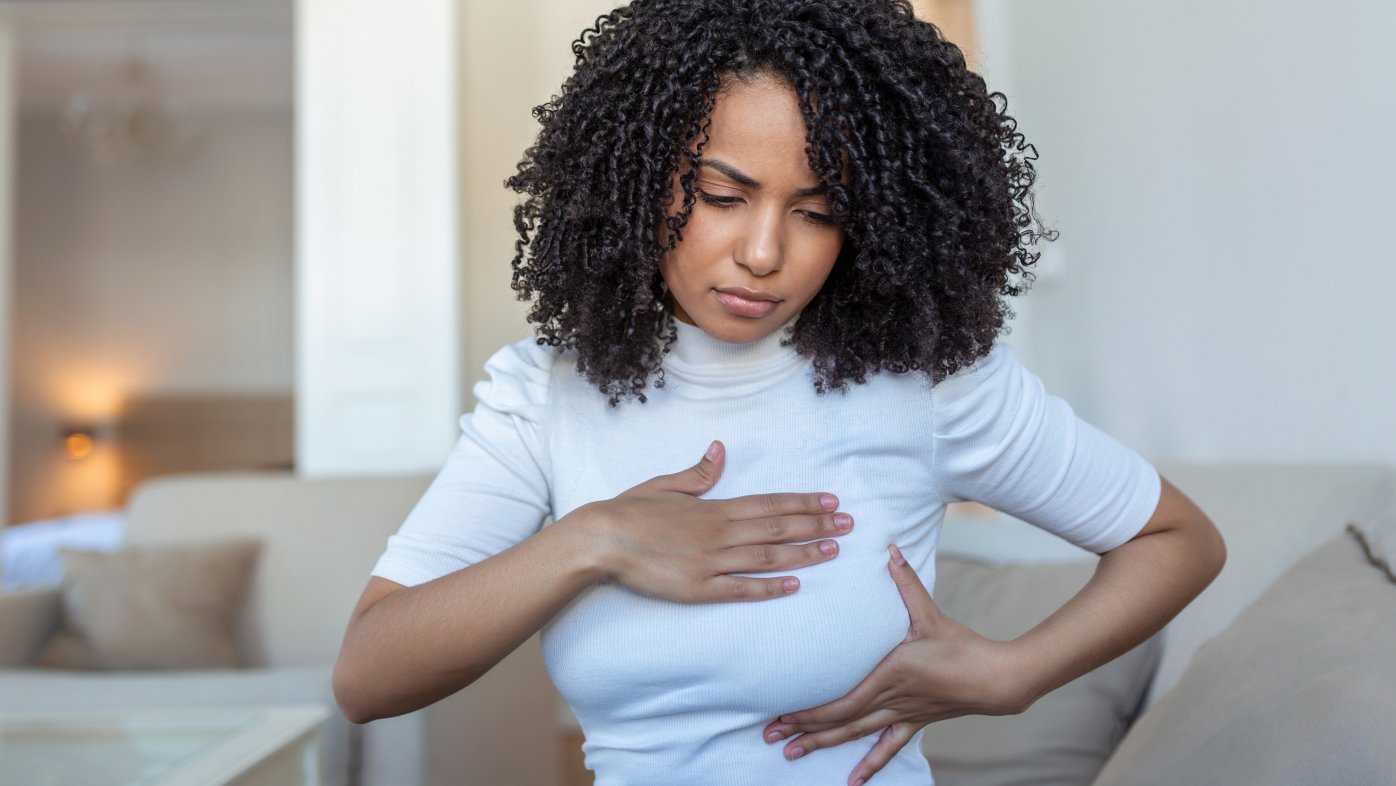
How to recognize the signs of breast cancer
Regular mammograms are vital. But you can be your own best health advocate by also knowing the signs of breast cancer and taking action when needed.
Experts estimate that 10 percent of stroke patients are 50 years and younger. And doctors are now seeing a rise in stroke among young adults.
A recent study published in the Journal of the American Heart Association, found an increase in ischemic stroke — when a clot in a blood vessel blocks oxygen-rich blood from reaching the brain — in adults aged 35 to 50. The study looked at patient discharge data from New Jersey hospitals from 1994 to 2014, and found that the rate of stroke more than doubled in patients aged 35 to 39, as well as significantly increased for those aged 40 to 54.
Researchers believe this spike may be related to a higher prevalence of obesity and diabetes, as well as poor management of blood pressure and cholesterol levels among young adults.
Risk factors
Among young adults, risk factors for a first-time stroke include smoking, high blood pressure and high cholesterol. High blood pressure, in particular, accounts for more than half of strokes worldwide.
So how can otherwise seemingly healthy adults lower their risk for stroke?
The answer, which can apply to all sorts of health conditions, is adopting a healthy lifestyle. According to researchers, up to 50 percent of strokes across all age groups, young and old, can be prevented with lifestyle changes and proper control of risk factors.
"Working with a doctor to attain and maintain healthy blood pressure levels, typically less than 140/90 would be helpful," says
Dr. Amirhassan Bahreman, a neurologist affiliated with
Sharp Grossmont Hospital. "Quitting smoking, if you do smoke; eating a healthy diet rich in fruits and vegetables and low in salt; as well as incorporating daily physical activity and exercise are all things we can do to reduce the risk of stroke, as well as other health issues."
Symptoms and impact
But what would you do if you or someone you know is having a stroke? A
survey conducted by the Ronald Reagan UCLA Medical Center found that most young adults would ignore stroke symptoms all-together. Researchers asked more than 1,000 people nationwide what they would do within the first few hours of experiencing classic stroke symptoms, such as weakness, numbness, and difficulty speaking and seeing. They found that only 1 out of 3 respondents under 45 years old said they would go to a hospital. The remaining two-thirds would use a wait-and-see approach to see if symptoms improved.
"There is this 'golden window,' usually within the four-and-a-half hours after the onset of stroke symptoms where people who receive medical treatment during this time have a better chance of survival than those who don't," says Dr. Bahreman. "That is why it is important to know what the symptoms are and to get help as soon as you notice them."
The early warning signs of stroke can be remembered as B.E.F.A.S.T:
B = Balance — Assess whether the person has a loss of balance. Are they unable to walk do to imbalance?
E = Eyes — Ask about the person's eyesight. Do they have loss of vision or double vision?
F = Face drooping — Ask the person to smile. Does one side droop?
A = Arm weakness — Ask the person to raise both arms. Does one arm drift downward?
S = Speech difficulty — Ask the person to repeat a simple sentence. Are the words slurred?
T = Time to call 911 — If the person shows any of these signs, call 911 immediately. Stroke treatment can begin in the ambulance.
In comparison to older adults, stroke in younger adults can have a significant impact on lifestyle.
"People in the age groups where we are seeing an upward trend in stroke rates are still working and may have families to support," says Dr. Bahreman. "Having a stroke and later recovering from it can derail these things and have a long-term effect in terms of making a living. Working with your doctor to develop a plan to reduce your risk of stroke may be helpful so that you can improve your chances of living not only a stroke-free life, but a healthy, long life overall."
Our weekly email brings you the latest health tips, recipes and stories.